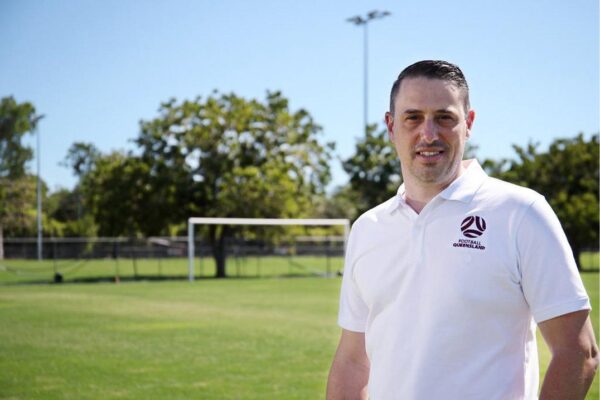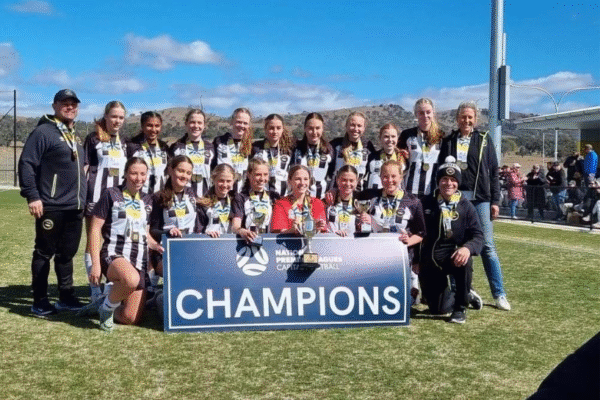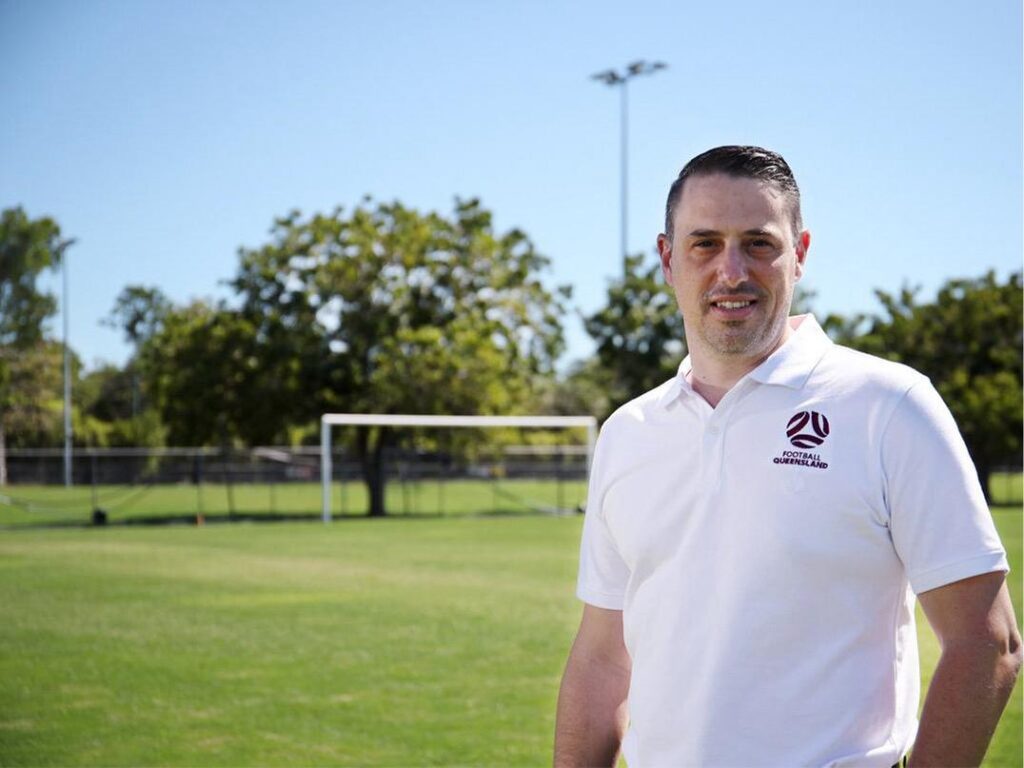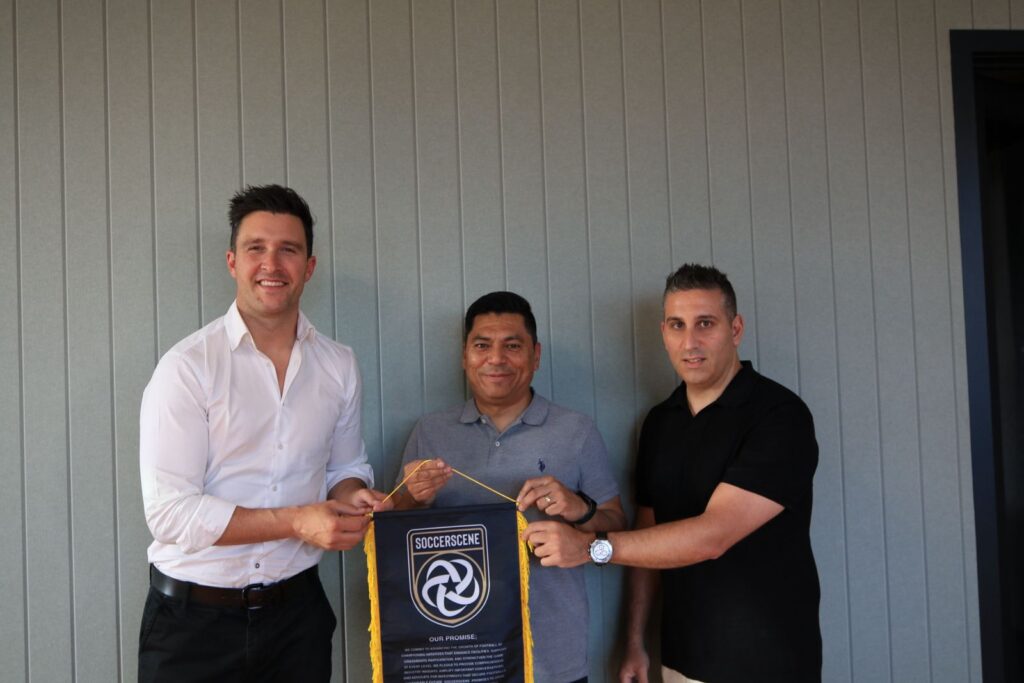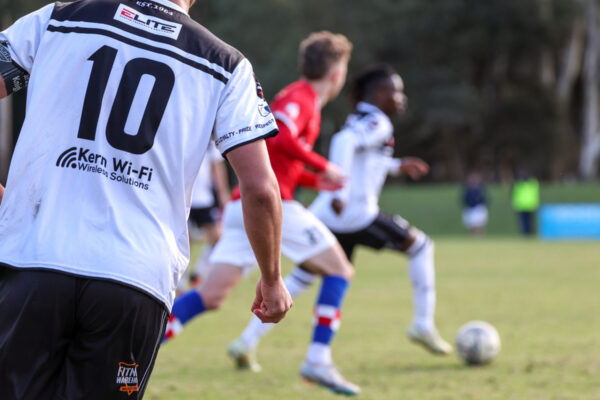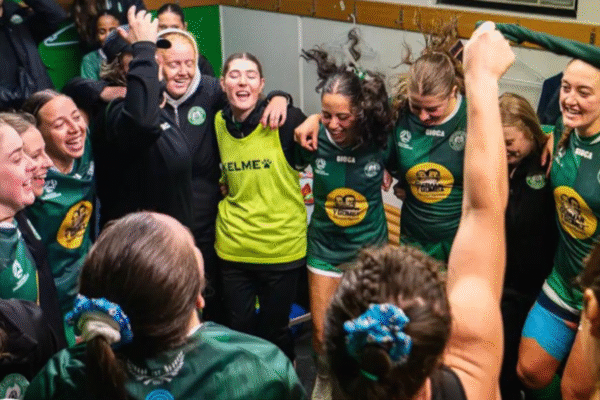
New Football Coaches Australia (FCA) Executive Committee member Aish Ravi has made it her mission to inspire more women to take up coaching roles, from the community level to the highest level of sport in Australia.
Ravi, who is undertaking a Doctor of Philosophy focusing on women’s coaching education in football, believes Football Coaches Australia is an organisation that can challenge the current status quo amongst the coaching ranks.
“I think FCA has definitely got the potential to make a lot of change in the coaching and leadership space. I’m really excited to help them enact that change,” she said.
“I’m currently doing a PHD looking at women in sport. It’s really about understanding what women’s experiences are in football and why there is a lack of them, and seeing what strategies we can put in place to change that.
“I met Glenn Warry (CEO of FCA) through my involvement of working within the Victorian NPL system and he wanted me to use my knowledge and expertise I guess, in wanting to contribute to give women a voice in FCA.
“We wanted to see how we can amplify their voices, provide more exposure for them and also see how we can increase the number of women coaches.”
A VCE Business Management and Economics teacher by day, Ravi was personally introduced to coaching when she was asked to coach the school’s football side.
After completing an appropriate coaching licence course, she would go on to manage Junior NPL teams at Heidelberg United and Bayside United, before eventually being offered a position to coach the women’s senior team at Bentleigh Cobras.
“We ended up winning the championship in my first season (at Bentleigh) in 2019 which was really exciting,” Ravi said.
“Now we are just trying to regroup and see if we can do the same thing this year.”
Ravi’s passion for coaching is helped by her enthusiasm for working with younger people.
“I really enjoy working with them in a holistic way, so getting to know them and understanding what their interests, motivations and desires are to help them achieve their best,” she said.
“That combined with the love of football, is really why I enjoy coaching football in particular. It’s the world game and once you understand and know that, you can talk to so many people from so many different places. It’s something I get a lot of excitement and enjoyment from.”

Despite these positive experiences in football, Ravi would still see the coaching game in general dominated heavily by males, something that she believed needed to be addressed.
In response to this, she would go on to co-found the Women’s Coaching Association (WCA) last year with fellow PHD candidate Julia Hay.
“I coach football, but I also play Australian rules and cricket, so I’m quite heavily involved in the community with sport in general,” Ravi said.
“Julia has an Australian Rules background and from talking and sharing our experiences we realised that a lot of the barriers women face coaching football (from my perspective), were actually also similar to that of other sports.
“Sports such as Australian Rules, Cricket, Hockey, Netball all shared common challenges. So, we founded WCA, really to get all the sports together, not just for football.
“We wanted to really bring it together for the coaches, in particular women coaches, but also men who are coaching women.
“We would like to see how we can first of all attract more women and girls to coach sport, how we can develop the women and girls who are currently coaching a team in these sports and also sustain a career.
“They are the three real objectives we have.”
According to Ravi, events like The Women’s World Cup in 2023, the biggest sporting event to be held on our shores since the 2000 Olympics, will hopefully act as a catalyst for necessary social changes in women’s sport. Not only at a coaching or playing capacity, but also at a leadership level.
“It’s a really important event,” she said.
“Sport is the most powerful social institution. It’s great that the Football World Cup is the world’s largest women’s sporting event and it’s awesome that it’s at our home.
“If the Matildas have success that’s great, that can show the young girls and women that they have a pathway, a career, that’s celebrated and respected and perhaps they can succeed in.
“But It’s also vital that we have women leaders that are visible and succeeding, that sends an equally powerful message that there are also career opportunities off the field.”




